The recent wars and political crises across the world are also affecting the Red Sea region. Since November last year, Houthi rebels have intensified their attacks in the Red Sea region close to Yemen.
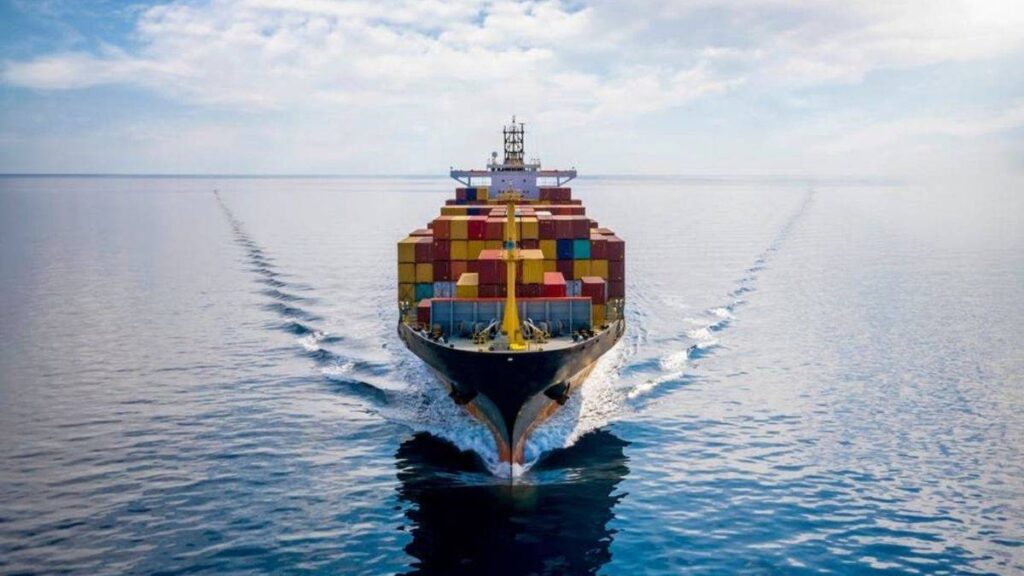
Although there is no clear indication of what their main motivation is, the Houthi attack ships in the area, trying to disable them or take charge with missile attacks. However, as much as the rate of attacks has skyrocketed, there hasn’t been any case of injury or fatality among the crew members.
There are More Attacks on Vessels
There have been more successful attacks by Houthi rebels on several shipping vessels passing through the Red Sea. The sea is a busy route for cargo ships.
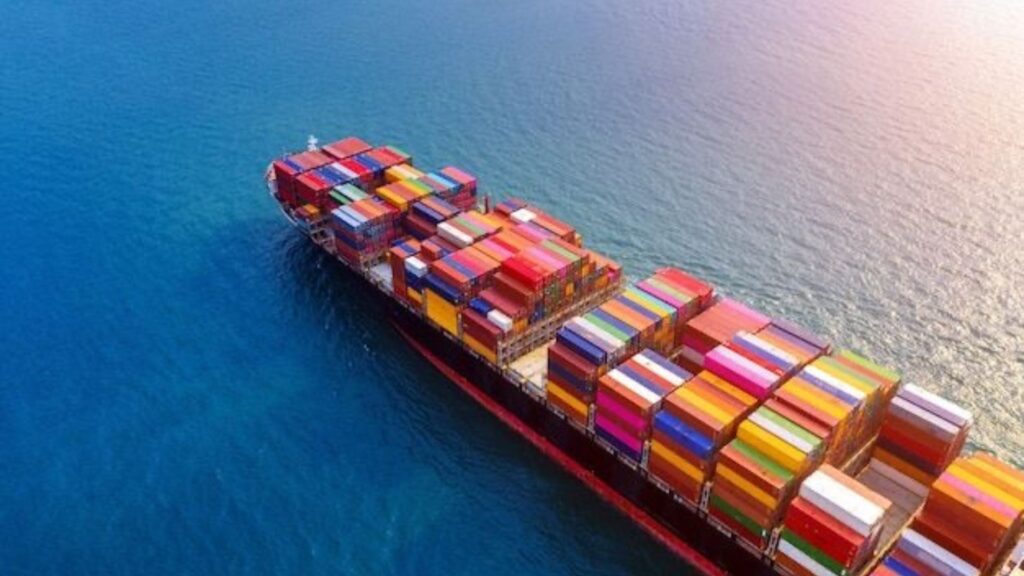
However, crew members and ship operators are becoming more anxious and worried about the Houthi attacks that threaten their routes.
Crew Members No Longer Feel Safe
Due to the constant threat, it is now important for crew members on these vessels to have evacuation plans. Crew members are now more conscious about making too much noise and drawing attention to themselves.

According to one crew member, Captain Chirage, the situation has been dangerous for himself and his crew members. “The safety of the crew, their life, comes first, and after that, safety of the vessel and environment,” he said to the BBC, insisting on his anonymity.
ALSO READ: U.K. Foreign Official Calls for End to “Houthi Attacks” After Latest Joint Strike With US
No Mental Peace
According to Chirage, the possibility of an attack on his ship and crewmates is affecting their mental state. “You cannot be at mental peace always. You will be worried. So even my family — they are scared all the time, and they were anxiously praying [for] the vessel [to] come out of this area safely,” he said.
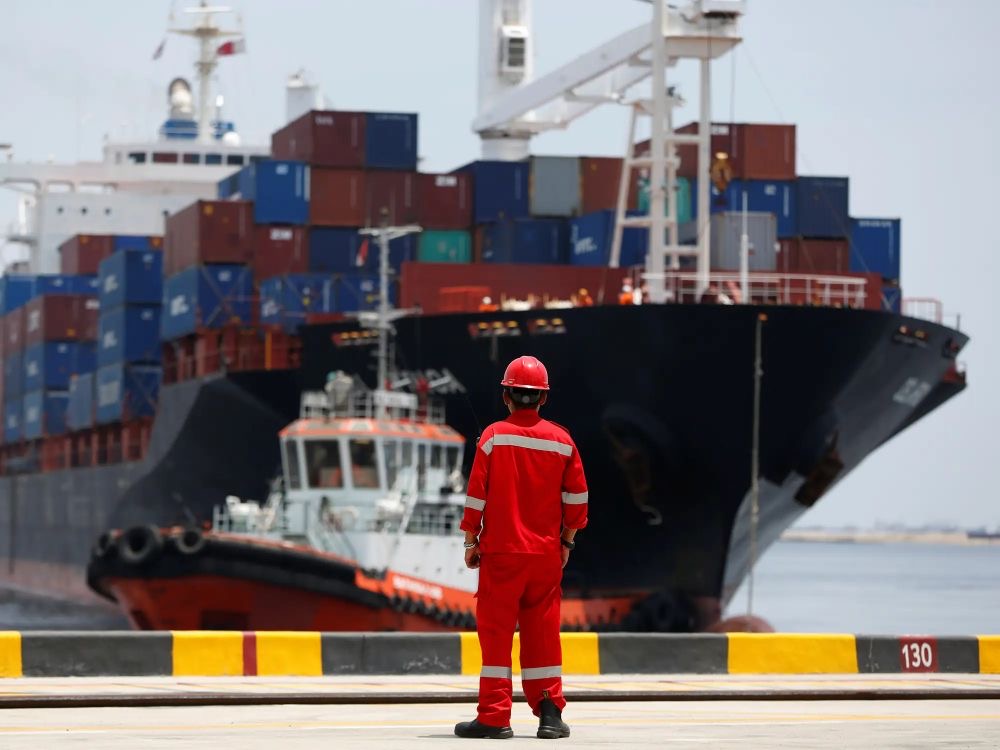
Other crew members on other vessels share the same fear and anxiety.
Millions of Lives Are at Stake
This current security crisis on the Red Sea places millions of lives at risk. According to Mission to Seafarers, more than 1.9 million people are working on ships around the world. Also, global shipping activities account for more than 90% of international trade.
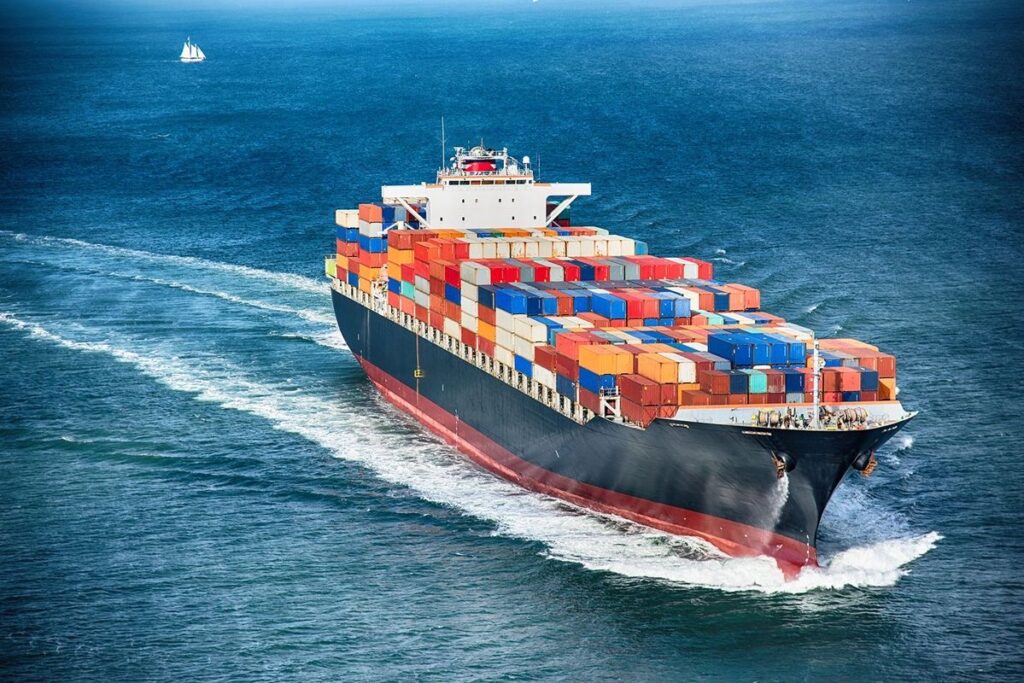
Furthermore, the Secretary-General of the U.N. International Maritime Organization (IMO), Arsenio Dominguez, spoke to the BBC. He guaranteed that protecting ships and crew members is “paramount” and a top priority for the organization.
POLL—Do You Support Stricter Gun Control Laws and Assault Weapon Bans?
Economies Are Also at Risk
These continued attacks on shipping vessels on the Red Sea could potentially cause a downward trend for businesses worldwide. According to the BBC, 15% of the global sea trade must follow the Red Sea route.

So, if there is no permanent solution to the security issues around the Red Sea, supply chains could be disrupted. Such disruption would cause companies to increase their retail prices and also cause a delay in the delivery of products.
The Red Sea Shipping Route Saves Time
The Red Sea route is a popular choice for many shipping vessels because it saves them a lot of time. The route cuts between Africa and West Asia, connecting both continents with the rest of the world.
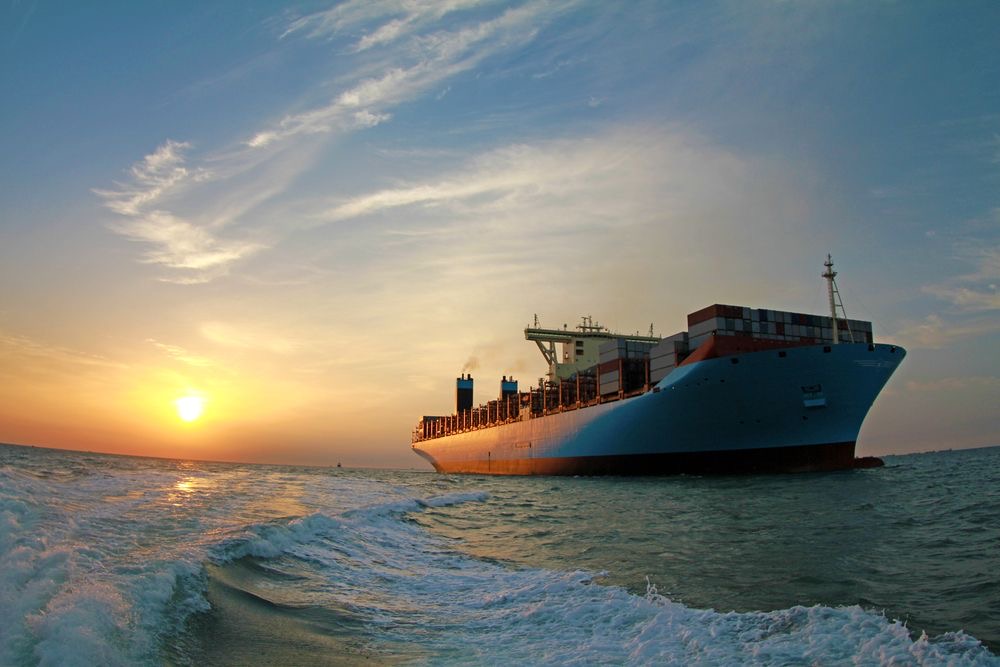
The next fastest route is the Cape of Good route. However, the route adds almost nine days for ships traveling from the U.K. to Taiwan. Regardless of the longer time spent at sea, companies have no other option but to switch routes. For example, the Mediterranean Shipping Company has switched to the Cape of Good route.
The Start of The Houthi Attacks
The insecurity on the Red Sea wasn’t always this critical. The recent attacks were first reported when a Galaxy Leader car carrier was attacked on November 19, 2023.

Houthi rebels operating in Yemen captured the ship, and it is still under their control to date. The rebels boarded by landing a helicopter and capturing the ship. The ship’s capture was significant for the rebels, who became a tourist attraction.
ALSO READ: Experts Criticize Biden’s Response to Houthi Attacks, Say U.S. Navy Is Sinking in Middle East Sand
Who Are The Houthi Rebels?
The Houthi Rebels are an Iranian-backed group. They have bases in Yemen, close to the Red Sea. The Houthi Rebels consider Israel to be their enemy.

Their aim is to take control of Yemen and support other opponents of the United States, Israel, and Saudi Arabia. Also, since the start of the Israel-Hamas war, the Houthis have started launching missile and drone attacks against Israel.
The Houthi Rebels Have Specific Targets
As part of their offensive, the Houthi rebels started targeting vessels in the Red Sea. Especially those transporting goods to Israel or those that are Israel-owned.

Their goal is to interrupt the flow of business into Israel in an attempt to end the Israel-Hamas war. However, so far, many of the affected ships are not connected to Israel.
The U.S. Has Military Presence in The Region
On the bright side, the United States has Naval stations in the area. Thanks to their intervention, the Houthi rebels have not always been as successful as they’d like. Also, the U.S. and its allies have conducted bombing campaigns in Yemen targeting the Houthis.
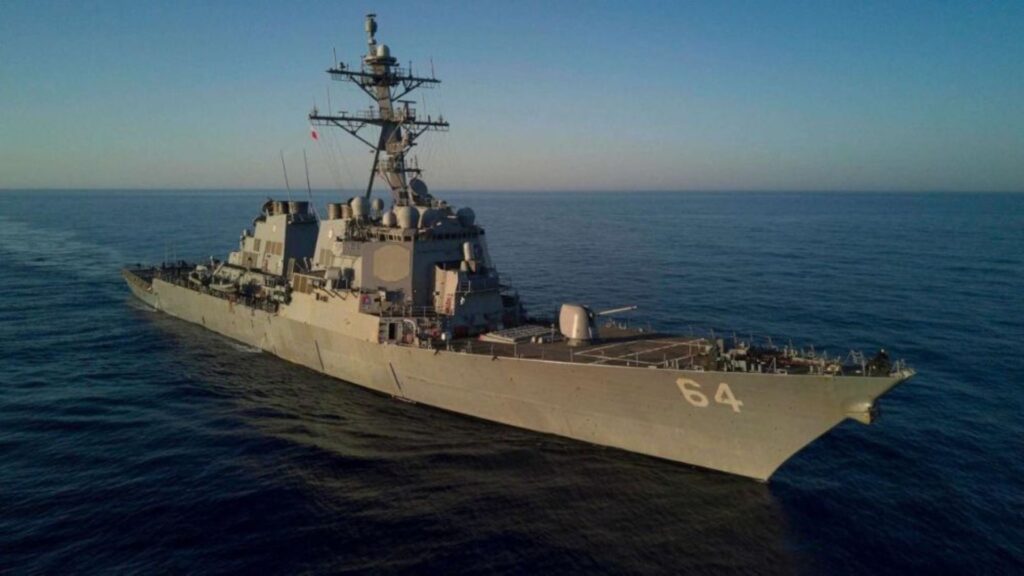
So far, there doesn’t seem to be any hope for a possible end soon. The war in Yemen involving the Houthi rebels has been raging on for almost a decade now. Despite negotiations and interventions, the Houthis remain committed to their cause.
No Permanent Solution Yet
Back in 2022, there seemed to be some sort of hope following an agreement to renew a truce. However, Hamas attacked Israel on October 7. This triggered an intense war against Gaza, which still rages on to date.
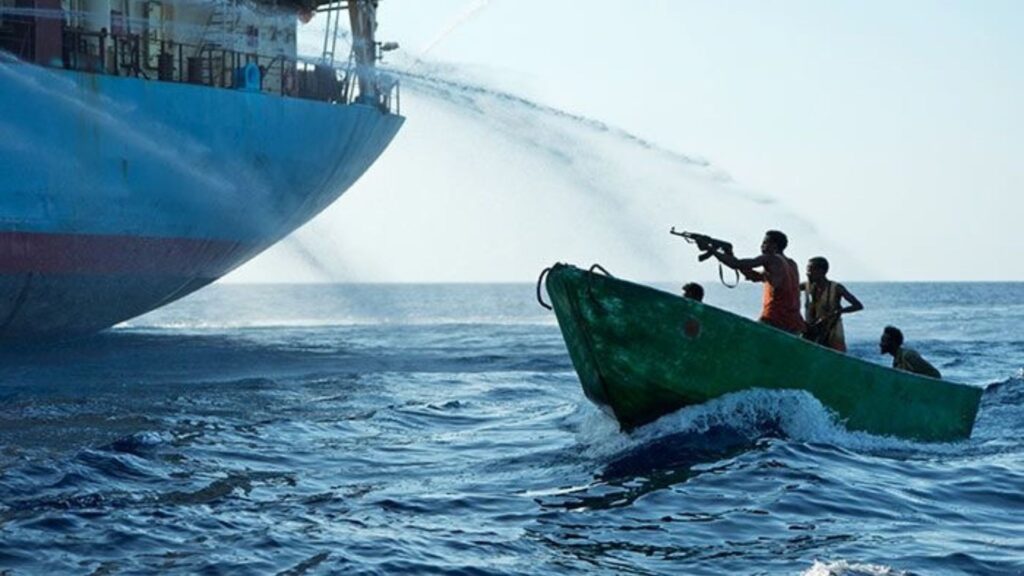
The conflict between Israel and Palestine has increased the tension in the region, giving the Houthi rebels more reasons to target Israel and other allies in the West.
You Might Also Like:
Pup Who Stole the Show at the Puppy Bowl 2024 Passes Away From Kidney Illness
Storm Washes Highly Venomous Creatures Up to India Shore
New York Judge Ruling Deals Trump a Heavy Blow, Barring Him from His NY Business Temporarily
Winery Host Corroborates Fani Willis’ Testimony, Claims He Remembers Her Paying Cash
This $19 Billion Japan Airport Slowly Sinking Might Fully Sink Into the Ocean By 2056
